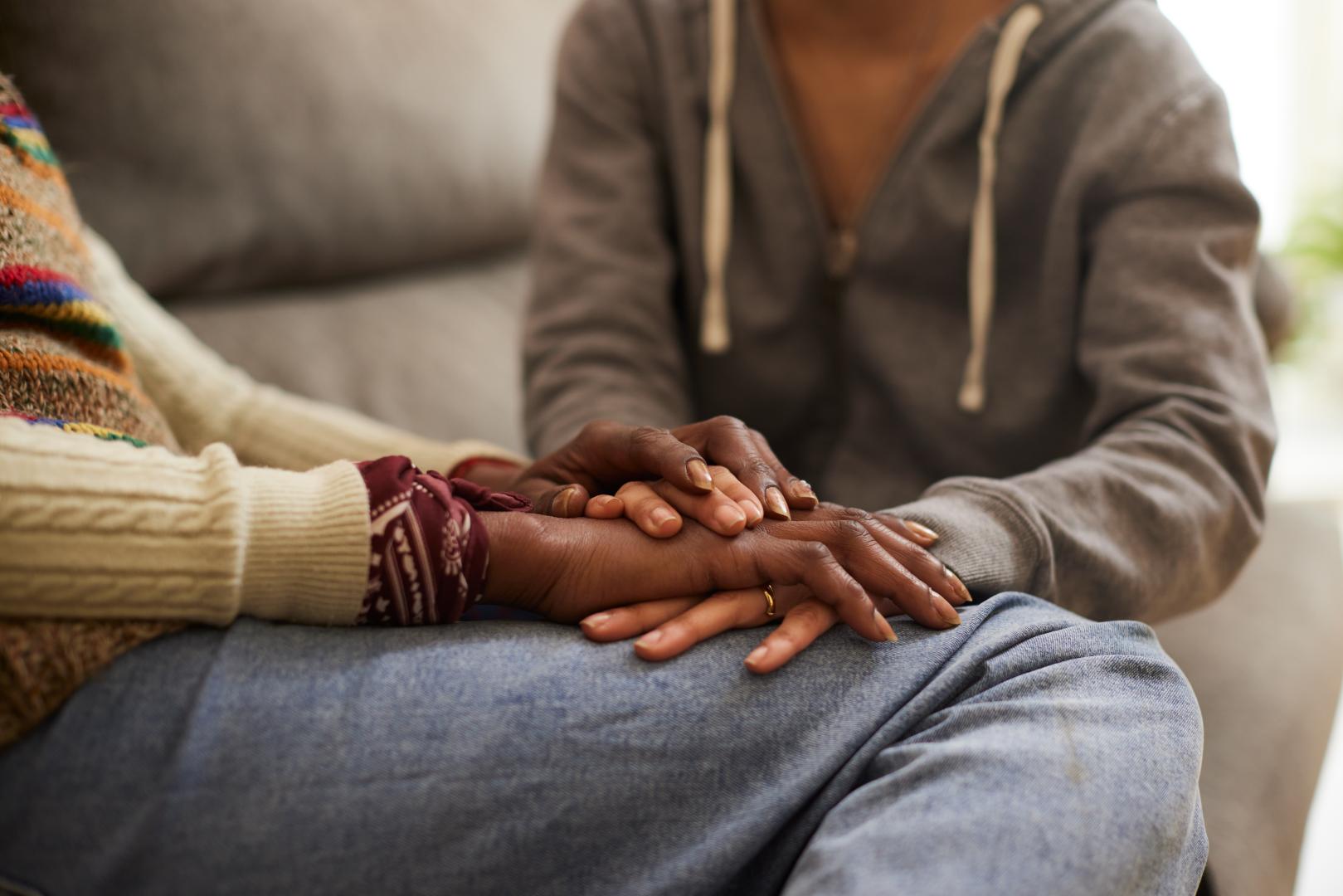Local Support
Anne Arundel County
Office: 410 222-1234
Email: hrc@aacounty.org
Camyla Smith
Anne Arundel County Police Department
Police Community Programs Coordinator
Cellphone: 443-462-0351
Office: 410-222-8730
Email: p913063@contractor.aacounty.org
Corporal K. Stanley
Anne Arundel County Police Department
LBGTQ Community Liaison
Cellphone: 443-795-2105
Office: 410-222-1147
Email: p92201@aacounty.org
Annapolis City
Office: 410-263-7998
Email: HRCommission@annapolis.gov
Sergeant K. Becker
Annapolis Police Department
Community Outreach
Office: 410-268-9000
Email: klbecker@annapolis.gov
Joseph Hudson
Annapolis Police Department
Hispanic Liaison
Office: 410-268-9000
Email: jehudson@annapolis.gov
Captain A. Miguez
Annapolis Police Department
LGBTQ+ Liaison
Office: 410-268-9000
Email: amiguez@annapolis.gov
The City also has liaisons that work out of the Mayor's Office:
Adetola Ajayi
City of Annapolis
African American Community Services Specialist
Office: 410-263-7997
Email: aoajayi@annapolis.gov
Rossio Smith
City of Annapolis
Hispanic Community Services Specialist
Office: 410-263-7997
Email: rjsmith@annapolis.gov
Additional Support Resources
Providing legal representation and counseling
National Hate Crime Hotline: 1-800-225-5324
The People's Law Library (PLL) is a legal information and self-help website maintained by the Thurgood Marshall State Law Library, a court-related agency of the Maryland Judiciary, and supported by Maryland's non-profit legal services providers, Maryland pro bono attorneys, and the legal academic community.
You may also contact a local religious institution or community-based organization, which can offer support and services. The important thing is to get help and support. Don’t go through this on your own!
A comprehensive response to hate crimes requires the entire village: law enforcement; prosecutors; residents; schools; religious institutions; and civil rights and community-based organizations. This collaboration is critical both before and after a crisis occurs.
The following are critical areas where stakeholders can work to enhance hate crimes response practices:
- Increasing community collaborations with law enforcement and the community to address hate crimes, to include partnerships with civil rights and community organizations
- Enhancing training and education for law enforcement personnel, prosecutors, and community members about hate crimes/incidents
- Strengthening data collection, reporting, and analysis of hate crimes/incidents
- Improving policies and responses for law enforcement concerning hate incident and crime management
- Role of prosecutors: early and ongoing communication with law enforcement, proactive engagement with community, development of hate crimes expertise
Video Resources
Uncover Hate | Building Trust and Supporting Victims with the Anne Arundel County Police Department
Building trust between law enforcement and the diverse communities of Anne Arundel County is essential in the fight against hate. In this video, Camyla Smith, the Community Programs Coordinator for the Anne Arundel County Police Department, details her critical role as a bridge between residents and police.

